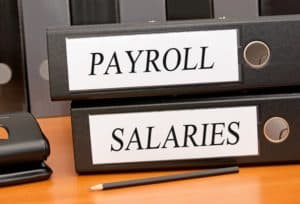If you move abroad it can often be advantageous to continue paying your UK National Insurance Contributions (NICs) in order to preserve your entitlement to the State Pension and other benefits. If you are working in the European Economic Area (EEA) the rules depend on your situation. The EEA includes all EU countries as well as Iceland, Liechtenstein and Norway. The same rules apply in Switzerland.
The rules are as follows:
- If you work for an employer in the EEA. You’ll normally pay social security contributions in the EEA country you work in instead of NICs. This means you’ll be covered by that country’s social security laws and may be entitled to benefits there, but your entitlement to benefits in the UK (for example State Pension) may be affected as there’ll be a gap in your NICs.
- If your UK employer sends you to work in the EEA. You might be able to carry on paying NICs if you’re abroad for up to 2 years. This means you won’t have to pay social security contributions abroad. There is a special form which your employer must complete to notify HMRC.
- There are special rules if you are self-employed or working in two or more EEA countries (including the UK).
- Some countries have a Reciprocal Agreement (RA) or Double Contribution Convention with the UK. These countries include the USA and Japan. You will usually pay social security contributions in that country instead of NICs.
- For all other countries, you can usually continue paying NICs for the first 52 weeks you’re abroad if you meet the qualifying conditions.
Of course, depending on what transpires with Brexit, the rules for other EU countries could be open to change.







